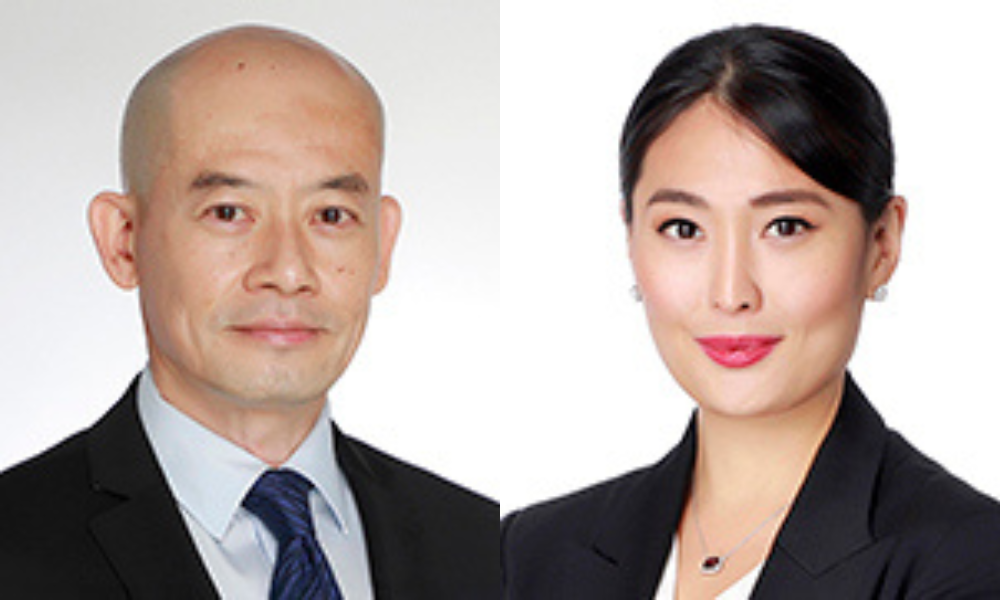
New rules set for 2024 to increase protection from discrimination

In the ongoing move to strengthen Singapore’s workplace discrimination protection framework, Singapore’s Ministry of Manpower (MOM) has provided further information on the proposed legislation aimed at targeting workplace discrimination.
This is a significant step forward in enhancing protection for workers from workplace discrimination, while promoting fairness and strengthening fair employment practices.
In Singapore, the most common forms of workplace discrimination complaints include those concerning nationality, age, sex, race, and language. The current guidelines on addressing workplace discrimination in Singapore are set out in the Tripartite Guidelines on Fair Employment Practices (TGFEP).
These guidelines aim to uphold the overarching principles of fair and merit-based employment, while opposing all forms of discrimination at the workplace. These guidelines work together with the Tripartite Alliance for Fair and Progressive Employment Practices, which serves as a platform for those seeking advice or assistance on workplace discrimination or harassment.
Singapore has the least engaged workers in the region, according to a 2018 study.
In responding to questions in Parliament on Monday, 3 July 2023, Senior Minister of State for Manpower, Mr Koh Poh Koon shed further light on the upcoming legislation.
Mr Koh shared that the Tripartite Committee on Workplace Fairness (the Committee), which was formed in 2021 to review the workplace fairness framework in Singapore, has proposed that the new legislation provide protection against common forms of workplace discrimination mentioned above. Their recommendations emphasised the focus on mediation rather than litigation for dispute resolution, and that the legislation should complement the existing TGFEP.
Mr Koh also shared that the proposed legislation would aim to build on existing efforts to enhance workplace fairness through a range of education and enforcement efforts. This hopes to send a strong signal against workplace discrimination.
Mr Koh shared that the Committee’s recommendations focused on resolving the dispute at its source, with an emphasis on mediation rather than litigation. As such, whilst the aim of the legislation would be to strengthen workplace fairness, it should be done with an eye on maintaining a workplace culture that is not litigious.
With mediation at the fore, the potential impact on employers is that companies would be required to put in place grievance handling channels to facilitate amicable dispute resolution within the company. Mediation at the Tripartite Alliance for Dispute Management would be the next step if an internal resolution cannot be achieved. This stage would also have a focus on educating employers on fair employment practices, and rebuilding the relationship between employer and employee, if and where possible.
Finally, if mediation is not successful, adjudication at the Employment Claims Tribunals would be the last resort.
New hires in Singapore are still open to other opportunities, according to a survey.
From an employee’s perspective, Mr Koh shared that mechanisms such as protection against retaliation for making a complaint would also be put into place. This is to ensure that individuals experiencing discrimination can feel more assured to come forward to report any discrimination committed against them.
With the impending legislation, the tripartite partners will also provide clear illustrations of what constitutes discrimination. This will serve to clarify any existing uncertainties or misconceptions.
It was also emphasised that a coordinated effort between employers, employees, unions and the Government is paramount to educate all stakeholders, shape mindsets and attitudes, and increase awareness of fair employment practices among employees and employers. This will serve the goal of advancing fair and progressive employment practices in Singapore, supporting its social and economic objectives and promoting greater participation in the workforce.
There may be applicable exemptions from the legislation applicable for small firms with fewer than 25 employees; however, this may be lowered five years from commencement. This exemption takes into account smaller firms that may lack the expertise or resources to fully implement the legislated requirements from its commencement.
However, smaller firms are not entirely exempted as the TGFEP, which prohibits all forms of workplace discrimination will continue to apply. They are also encouraged to work on strengthening their human resource capabilities and practices, and to nurture a fair and harmonious workplace culture.
The Tripartite Committee on Workplace Fairness released its interim report on recommendations for workplace fairness legislation in February 2023.
The impending legislation is set to be completed at the end of 2024, after the Committee’s final report and recommendations have been released. It is envisaged that the legislation will significantly strengthen Singapore’s stand against discrimination in the workplace.
These measures aim to contribute to stronger business outcomes with a more productive and engaged workforce. In tandem, this legislation hopes to strengthen Singapore’s stance against discrimination, while maintaining a workplace culture that is harmonious, rather than litigious.
I-An Lim is a senior partner in Dentons Rodyk’s Corporate practice group and co-head of the Private Equity, Employment, and Investment Funds practices in Singapore. Sarah Chan is a senior associate in Dentons Rodyk’s Corporate practice in Singapore.